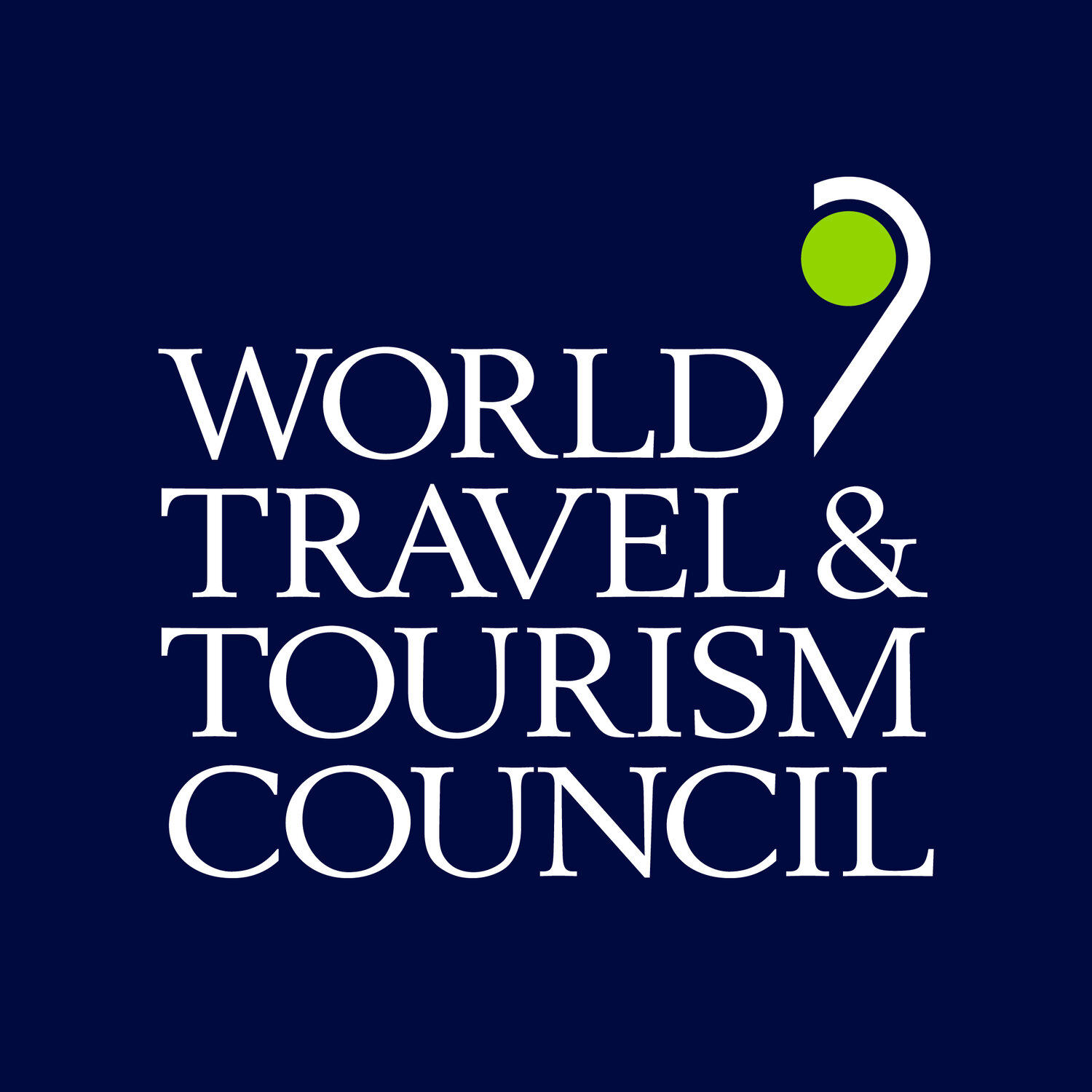Practical travel advice for visiting Rwanda
Rwanda, also known as The Land of a Thousand Hills
Visiting Rwanda is the experience of a lifetime. You can count on a warm welcome and dramatic scenery. Rwanda is known as the land of a thousand hills, rich in biodiversity and wildlife living throughout its volcanoes, montane rainforest, and sweeping plains. Travellers come from far and wide to glimpse the magnificent gorillas, but there is so much more to see and experience.
Health and Entry Requirements
Before booking, please familiarise yourself with your country’s official travel advice resources, such as gov.uk, to ensure you comply with entry requirements and have the appropriate vaccinations and insurance for your trip.
Plastic Ban
Protecting the environment is engrained in Rwanda, so much so that it is written into the constitution and carefully observed by our citizens, who all participate in a community service called Umuganda on the last Saturday of every month.
Plastic bags have been banned in Rwanda by law since 2008, so please do not bring plastic bags on your trip as they will be confiscated at the point of entry. It is every visitor’s responsibility to keep Rwanda the cleanest country in Africa and dispose of all litter responsibly.
Rwanda offers magnificent scenery
What to Wear
When in Rwanda, the dress code tends to be informal yet respectful.
Daytime temperatures are generally warm, so bring lots of light clothing and consider sun protection, including a hat and sunglasses. The evenings tend to be cool, and a light sweater is appreciated. In October and November, there can be short bursts of rain. If you are planning to visit Volcanoes National Park and Nyungwe National Park, then we recommend slightly heavier clothing, including a lightweight waterproof jacket which may come in handy in the moist mountains. When tracking gorillas, wear sturdier clothing to protect against stinging nettles and wear solid walking shoes. Consider bringing gardening or leather gloves. Please note contact lenses and cleaning fluid is not readily available, and dust or sun could prove an irritation, so it’s best to bring a pair of glasses along for peace of mind.
Rwanda is rich in wildlife
Connectivity
Rwanda has an excellent mobile phone network covering almost the entire country, and international calls can be made easily.
The country is among the top three African countries regarding internet connectivity, with an ever-growing fibre optic network. Electricity is 230v 50Hz.
Money
The Rwandan franc (Rwf) is the principal currency, although US dollars are widely accepted. Expect to pay for local services in cash, in Rwandan francs. A growing number of places accept credit and debit cards, with Visa being more widely accepted than Mastercard. It’s best to check when making a booking. ATMs can be found in Kigali.
Tipping is discretionary and appreciated. Cash is usually preferred. As a rough guide, tip professional guides and drivers US $10 per day, trekking porters US $2.
For more detailed information and guidance, please visit the official website here >



